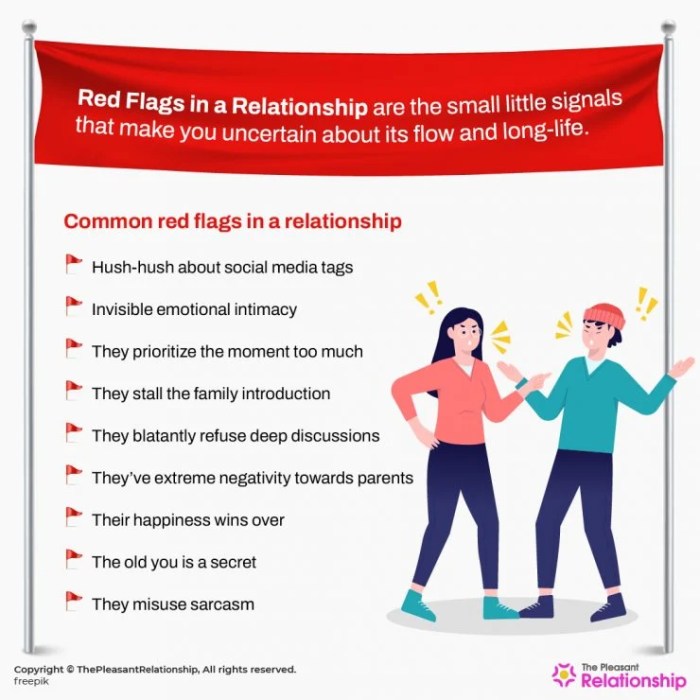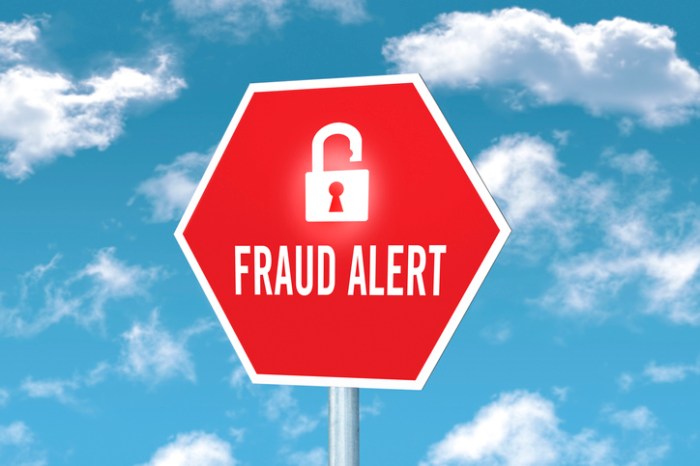How could you best identify a kickback scheme – Kickback schemes are a serious issue that can undermine the integrity of businesses and organizations. Understanding how to identify a kickback scheme is crucial for preventing and combating this unethical practice. This guide provides a comprehensive overview of the common indicators, investigation techniques, and legal consequences associated with kickback schemes.
How to Best Identify a Kickback Scheme

Kickback schemes are illegal arrangements where one party provides compensation or benefits to another party in exchange for preferential treatment. Identifying these schemes can be challenging, but by understanding the red flags, examining transactions, investigating relationships, analyzing contracts, and understanding whistleblower protection laws, you can increase your chances of detecting and preventing them.
Recognizing Red Flags
Common indicators of a kickback scheme include:
- Unexplained payments or gifts
- Invoices for services not rendered
- Payments made to shell companies
- Personal relationships between parties involved
- Unusual or excessive commissions
Examining Transactions, How could you best identify a kickback scheme
Review financial records thoroughly, looking for suspicious patterns such as:
- Payments made to multiple vendors for the same goods or services
- Payments made to vendors with no apparent business purpose
- Payments made to vendors with poor credit ratings
- Payments made to vendors located in offshore jurisdictions
Investigating Relationships
Personal relationships can play a role in kickback schemes. Be aware of:
- Close personal ties between vendors and employees
- Relationships between vendors and family members of employees
- Relationships between vendors and former employees
Analyzing Contracts and Agreements
Carefully review contracts and agreements, paying attention to:
- Unusually high prices or commissions
- Vague or ambiguous language
- Clauses that allow for payments to be made to third parties
- Clauses that waive liability for kickbacks
Whistleblower Protection
Whistleblower protection laws protect individuals who report suspected kickback schemes. If you suspect a kickback scheme, report it to your supervisor, compliance officer, or a government agency.
Legal Consequences
Participating in a kickback scheme can have serious legal consequences, including:
- Fines
- Imprisonment
- Exclusion from government contracts
Best Practices for Prevention
To prevent kickback schemes, implement the following best practices:
- Establish clear policies and procedures
- Train employees on kickback prevention
- Conduct regular audits
- Encourage open communication
- Foster a culture of ethical behavior
FAQ Section: How Could You Best Identify A Kickback Scheme
What are the common red flags of a kickback scheme?
Unexplained payments, inflated invoices, unusual transaction patterns, and personal relationships between parties involved in a transaction can all be indicators of a kickback scheme.
How can I investigate a suspected kickback scheme?
Review financial records, examine contracts, and interview individuals involved in the transaction to gather evidence and identify potential conflicts of interest.
What are the legal consequences of participating in a kickback scheme?
Individuals and organizations involved in kickback schemes can face criminal charges, fines, and imprisonment, as well as damage to their reputation and loss of business.


